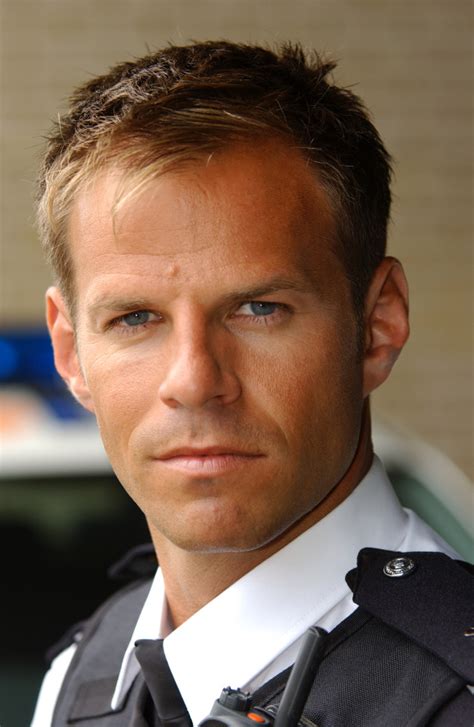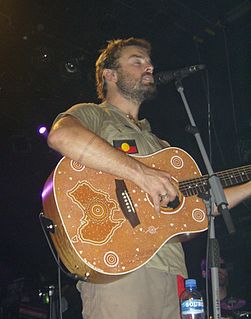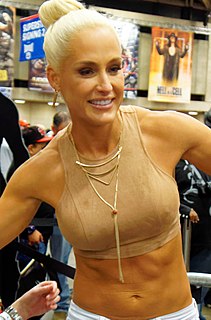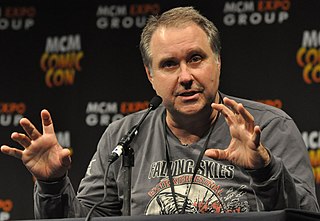A Quote by Jesmyn Ward
I was pleasantly surprised with 'Salvage.' I went to Australia and New Zealand for the novel and met a lot of people who had experienced the earthquakes in Christchurch. They responded very strongly to the book because they had been through these natural disasters and were trying to figure out how to rebuild.
Related Quotes
Well, we don't think for a moment that either the U.S. or Australia are out to damage the New Zealand economy, but if there were a sustained period in which they had a free-trade agreement and New Zealand didn't have that same arrangement with the States, that could be both trade- and investment-distorting.
I learned a lot about my parents, who were both teachers. I had known that my parents were very strongly in favor of education. I had known that they had an impact on a lot of people, but people came out of the woodwork who have said, "You know, without your father, I would never have gone to college," very successful people. And so I learned how widespread their educational evangelism really was.
I wrote the first draft of the New People quickly but it had been percolating a lot longer. It's a hard question to answer because I'd been working on another novel for years and when I gave up on that, this one came very easily. But I think the work had been going on a lot longer than the actual writing.
I just started trying to figure out how to write [something] which was unlike anything anybody had ever seen, and once I felt like I had figured that out I tried to figure out what kind of book I could write that would be unlike anything anybody had ever seen. When I started writing A Million Little Pieces I felt like it was the right story with the style I had been looking for, and I just kept going.
I had been reading a lot about pioneers in Australia and the colonization of Australia, and pioneers in Virginia and the early settlers in the United States, and I was fascinated by those communities and how they grew, how their politics developed, and the actual suffering of those people and the tribulations they went through.
My brother and I met several times during that weekend trying to figure out what we were each going to do, and we met for breakfast the morning of the sit-in and I had decided that I was going to go get arrested, and he decided that he was going to have the harder job and go tell our parents that I'd been arrested.
Suddenly, I realized how tough trying to structure a story like this is. It was a lot of work. The one big advantage that we had was that we had eight scripts written before we started shooting, or even started casting. We had a really good opportunity to look at it and figure out where we were going to go and how to do it. Once we got a cast, which I love, then we started doing some revisions to make sure that they fit into it.






































